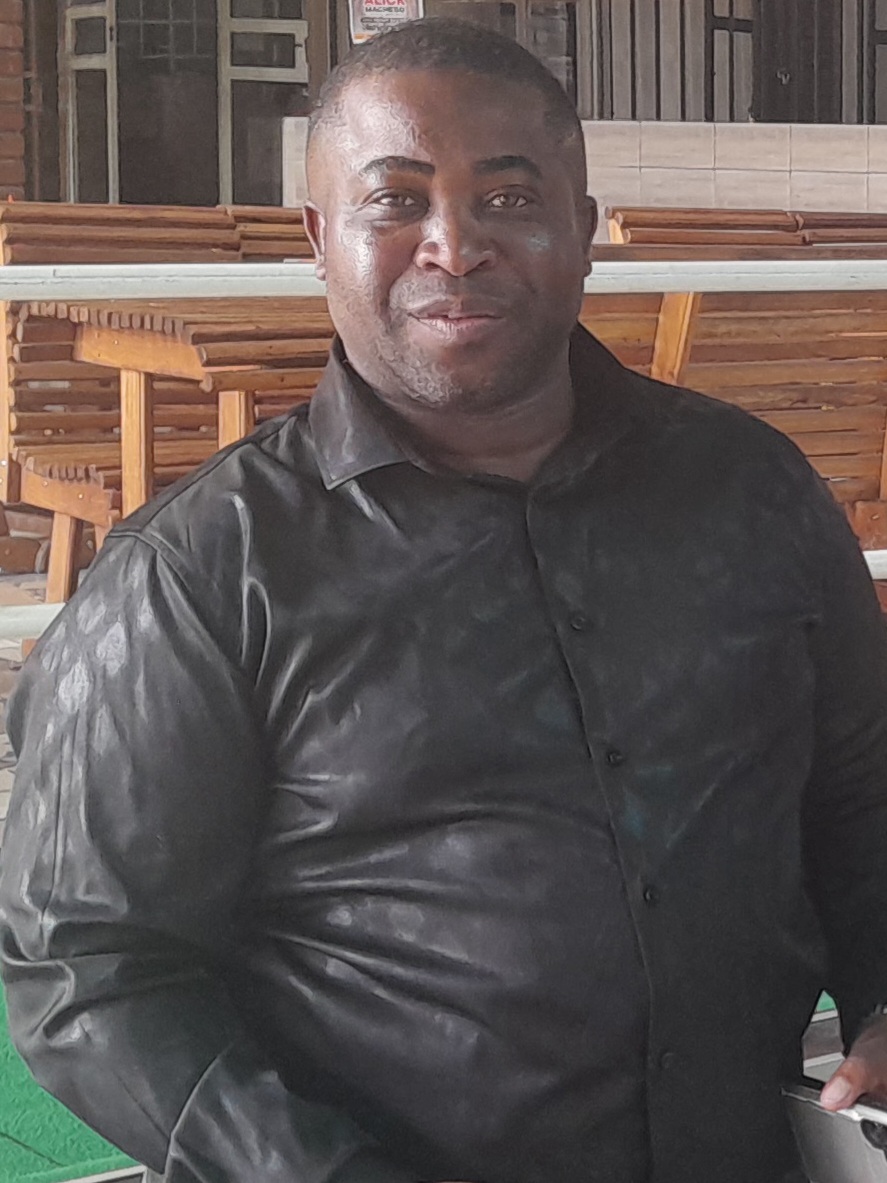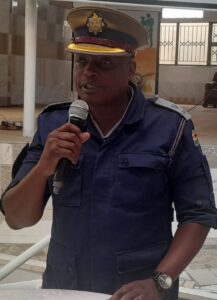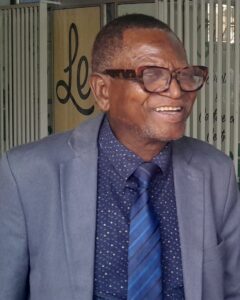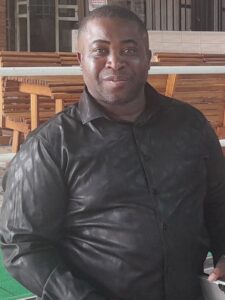By Flata Kavinga
Zibagwe Rural District Council (ZRDC) Chief Executive Officer Farayi D. Machaya has urged the City of Kwekwe to prioritise the upgrading of shanty mining compounds surrounding Chawanda Stadium, saying the informal settlements risk undermining the city’s image ahead of anticipated high-profile football matches.
Machaya made the remarks during the ongoing City of Kwekwe 2026–2030 Strategic Plan consultative meeting, where he represented ZRDC.
He said the construction of Chawanda Stadium and the promotion of local side Hardrock FC into the Premier Soccer League (PSL) meant Kwekwe would soon attract large numbers of local and international visitors.
Planned future fixtures, he noted, may include matches involving top local clubs such as Dynamos and Highlanders, as well as potential COSAFA tournaments expected to draw visitors from across the region.
“The shanty compounds near the stadium will not portray a good image,” Machaya said. “Let’s have a plan to develop these compounds so that responsible miners can build decent houses.”
Machaya also addressed housing and land allocation issues, appealing to Kwekwe City to consider allocating a small number of residential stands to ZRDC’s lower-grade employees during routine allocations.
“Almost everyone is craving for housing stands,” he said. “We are requesting a small number — two or three stands — so that we can accommodate our low-level employees.”
He commended Kwekwe for pioneering vertical construction in Zimbabwe and encouraged the city to continue allocating stands with an emphasis on building upwards to maximise land use.
“We need to look beyond 2030,” he said. “Forty years from now, where will the town clerk allocate stands? We need to encourage each other to continue building upwards.”
Machaya further urged Kwekwe City to allocate more resources to the joint Combination Masterplan involving Kwekwe, ZRDC and Redcliff, arguing that the city, as the “big brother” in the tri-authority arrangement, should take the lead in long-term spatial planning.
He also called for improved digital infrastructure, noting that many international cities now provide free or publicly accessible wi-fi in central business districts.
“As we move into 2027, 2028, 2029 and 2030, we should have public wi-fi in Kwekwe’s CBD,” he said, drawing from experiences during official visits to South Korea and Kenya.
The strategic planning meetings continue as Kwekwe City gathers input from stakeholders to guide its development agenda for the 2026–2030 period.





